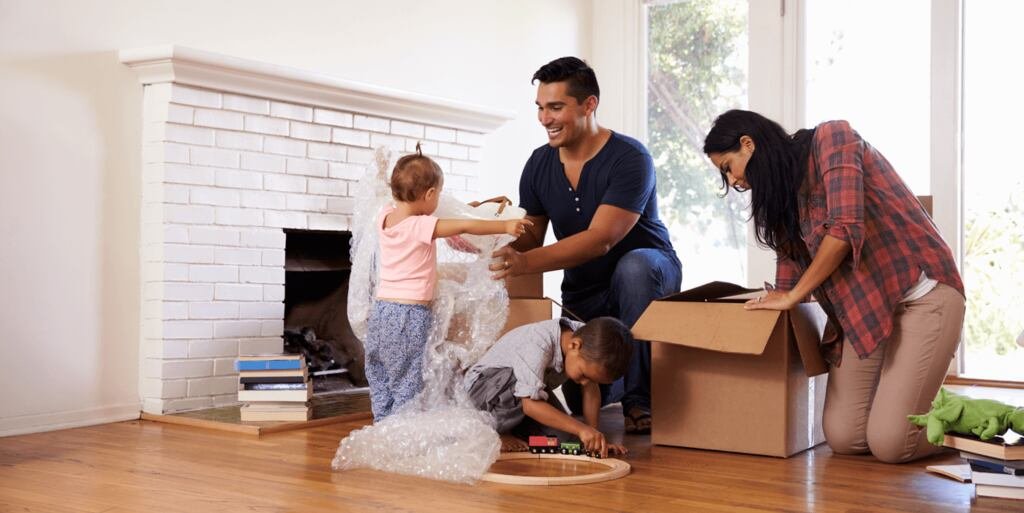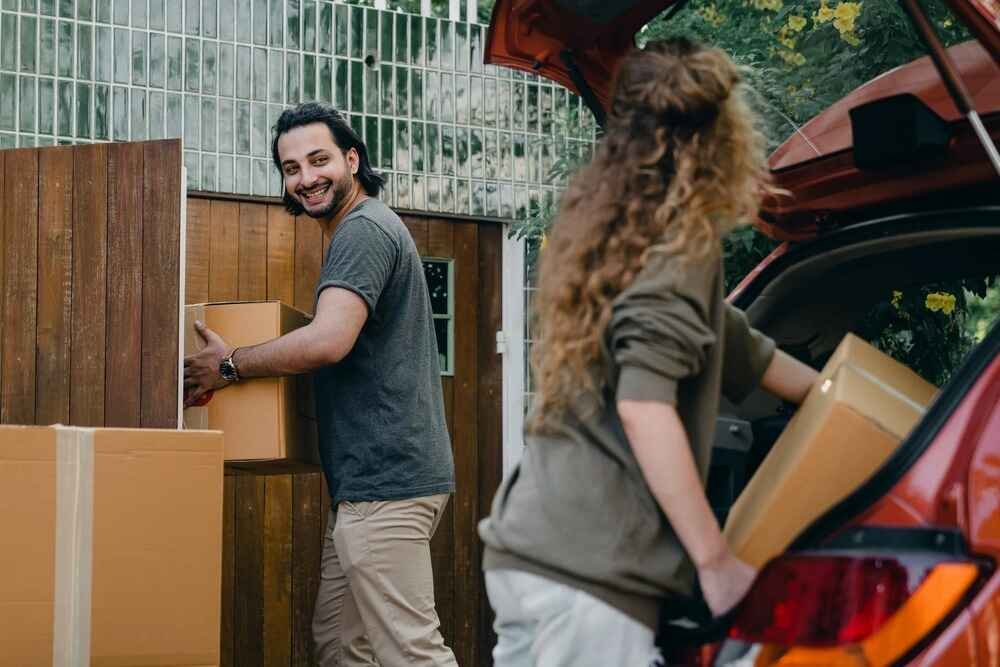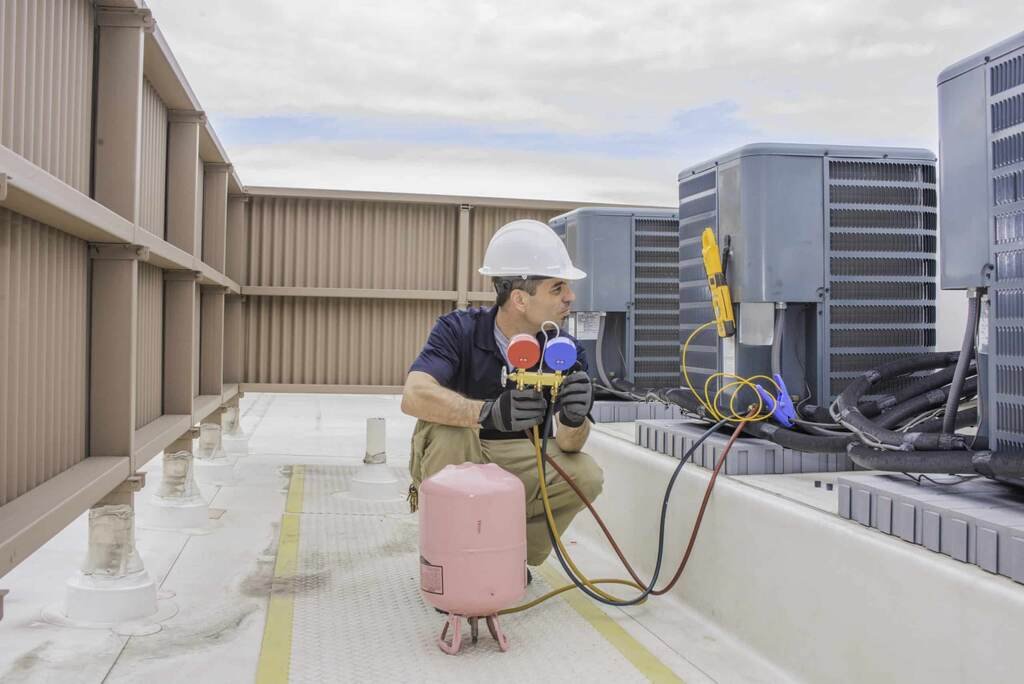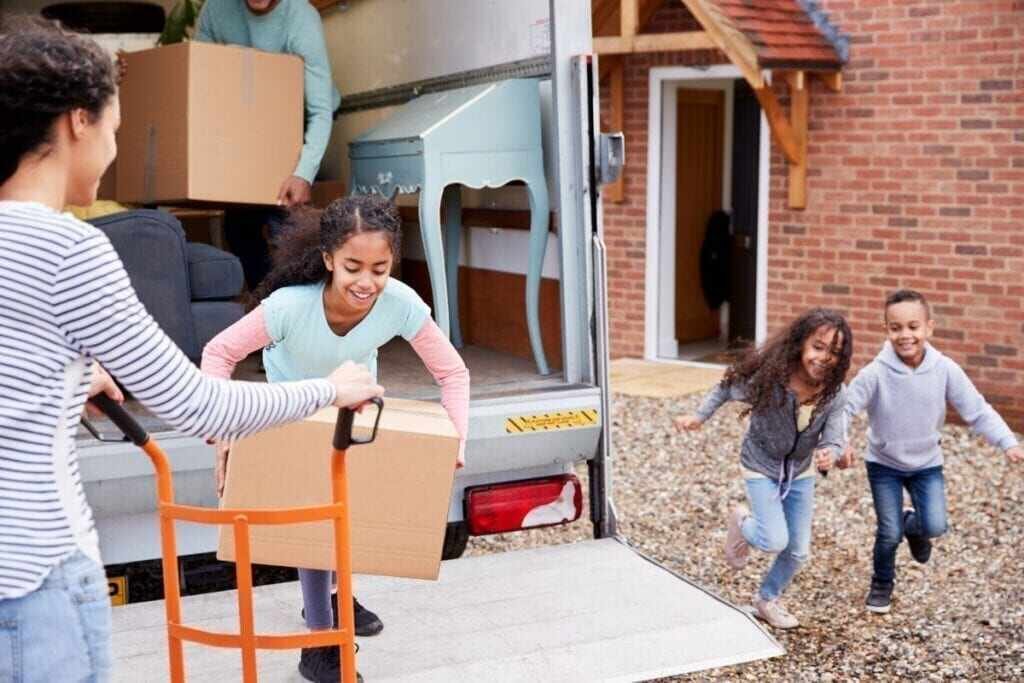Moving can be a stressful experience, but with the right preparations, you can make it a smooth and hassle-free process. One way to ensure a successful move is by creating a moving day survival kit. This kit will contain all the essential items you need to navigate through the chaos of moving day. From packing supplies to personal essentials, we’ve got you covered. In this article, we will guide you through the must-have essentials for your moving day survival kit.
Packing Supplies
When it comes to moving, having the right packing supplies is crucial. Make sure you have an ample supply of the following:
- Cardboard Boxes: Choose various sizes to accommodate different items and ensure they are sturdy enough to hold your belongings securely.
- Packing Tape: Opt for high-quality packing tape to seal your boxes effectively.
- Bubble Wrap: Protect fragile items such as glassware, dishes, and electronics with bubble wrap.
- Packing Paper: Wrap delicate items in packing paper to prevent breakage.
- Markers: Label your boxes clearly to identify their contents easily.
Cleaning Supplies
Before you move into your new place, it’s essential to give it a thorough cleaning. Here are some cleaning supplies you should include in your survival kit:
- All-Purpose Cleaner: Use an all-purpose cleaner to wipe down surfaces and remove any dirt or grime.
- Disinfecting Wipes: Keep disinfecting wipes handy to sanitize commonly touched surfaces.
- Broom and Dustpan: Sweep away any dust or debris from the floors.
- Trash Bags: Dispose of any trash or packing materials efficiently.
Basic Tools
Having basic tools on hand can be incredibly helpful during the moving process. Here are some essential tools to include in your survival kit:
- Screwdriver: Use a screwdriver to disassemble furniture or remove screws if necessary.
- Hammer: A hammer can come in handy for various tasks, such as hanging pictures or assembling furniture.
- Utility Knife: Use a utility knife to open boxes or cut packing materials.
- Measuring Tape: Measure furniture or doorways to ensure a smooth transition into your new place.
First Aid Kit
Accidents can happen, even on moving day. It’s important to have a first aid kit readily available. Make sure your kit includes:
- Band-Aids: Treat minor cuts or scrapes with adhesive bandages.
- Antiseptic Solution: Clean wounds with antiseptic solution to prevent infection.
- Pain Relievers: Have over-the-counter pain relievers on hand for any minor aches or pains.
Snacks and Refreshments
Moving can be physically demanding, so it’s crucial to keep yourself energized throughout the process. Pack a variety of snacks and refreshments, such as:
- Bottled Water: Stay hydrated by having plenty of bottled water available.
- Granola Bars: Grab a quick and nutritious snack with granola bars.
- Fruits and Nuts: Pack fruits and nuts for a healthy and energizing option.
- Energy Drinks: Keep some energy drinks on hand for an extra boost when needed.
Personal Essentials
In the midst of the moving chaos, it’s easy to overlook personal essentials. Make sure you have the following items within reach:
- Toiletries: Pack a bag with your everyday toiletries, including toothbrushes, toothpaste, and soap.
- Change of Clothes: Have a set of clean clothes available to change into after a long day of moving.
- Towels: Keep a few towels handy for personal use or cleaning purposes.
- Medications: If you take any medications regularly, ensure you have an adequate supply for moving day.
Important Documents
Don’t forget to keep your important documents safe during the move. Consider creating a folder or binder for the following documents:
- Identification: Carry your driver’s license, passport, or any other identification documents with you.
- Financial Documents: Keep important financial documents, such as bank statements and insurance policies, secure and easily accessible.
- Lease or Homeownership Documents: If you’re moving to a new rental property or purchased a new home, keep all relevant documents in a safe place.
Electronics and Chargers
In today’s digital age, it’s important to have your electronics and chargers accounted for. Include the following in your survival kit:
- Laptop and Phone Chargers: Keep your laptop and phone chargers easily accessible.
- Portable Power Bank: Have a portable power bank available to charge your devices on the go.
- Extension Cords: Use extension cords to ensure you have enough outlets to connect your electronics.
Moving Day Checklist
To stay organized and ensure nothing is overlooked, create a moving day checklist. Here are some additional tips to consider:
Hiring Professional Movers
If you’ve decided to hire professional movers, make sure you research and book their services well in advance. Confirm the details of your move and provide them with any special instructions.
Labeling and Organizing
Label each box with its contents and the room it belongs to. This will make unpacking and organizing much easier once you reach your new place.
Unpacking Strategy
Plan your unpacking strategy ahead of time. Start with the essential items you’ll need immediately, such as bedding, toiletries, and kitchen essentials. Gradually unpack and organize the rest of your belongings.
Setting Up Utilities
Make arrangements to have your utilities set up before moving day. Contact your service providers to ensure a smooth transition for electricity, water, internet, and other essential services.
What To Know Before The Moving Day
Moving day doesn’t have to be overwhelming if you’re well-prepared. By assembling a moving day survival kit with the must-have essentials mentioned in this article, you’ll be ready to tackle any challenges that come your way. Remember to plan ahead, stay organized, and make the most of this exciting new chapter in your life.
Can I use plastic bins instead of cardboard boxes for moving?
Yes, plastic bins can be a sturdy alternative to cardboard boxes. Just make sure they are stackable and have secure lids.
How far in advance should I start packing for a move?
It’s recommended to start packing at least a few weeks before your move to avoid last-minute stress. Begin with items you don’t frequently use. Or if you want to have a smoother packing process you should consider finding professional packing services.
Should I empty my refrigerator before moving?
Ideally, you should consume or dispose of perishable items in your refrigerator before moving. However, you can use coolers with ice packs to transport essentials.
Can I donate unwanted items during the move?
Absolutely! Moving is an excellent opportunity to declutter. Consider donating items in good condition to local charities or organizing a garage sale.
What should I do with fragile or valuable items during the move?
For fragile or valuable items, it’s best to pack them separately and transport them yourself if possible. Use extra padding and secure them to minimize the risk of damage.
Recommended Posts:
















